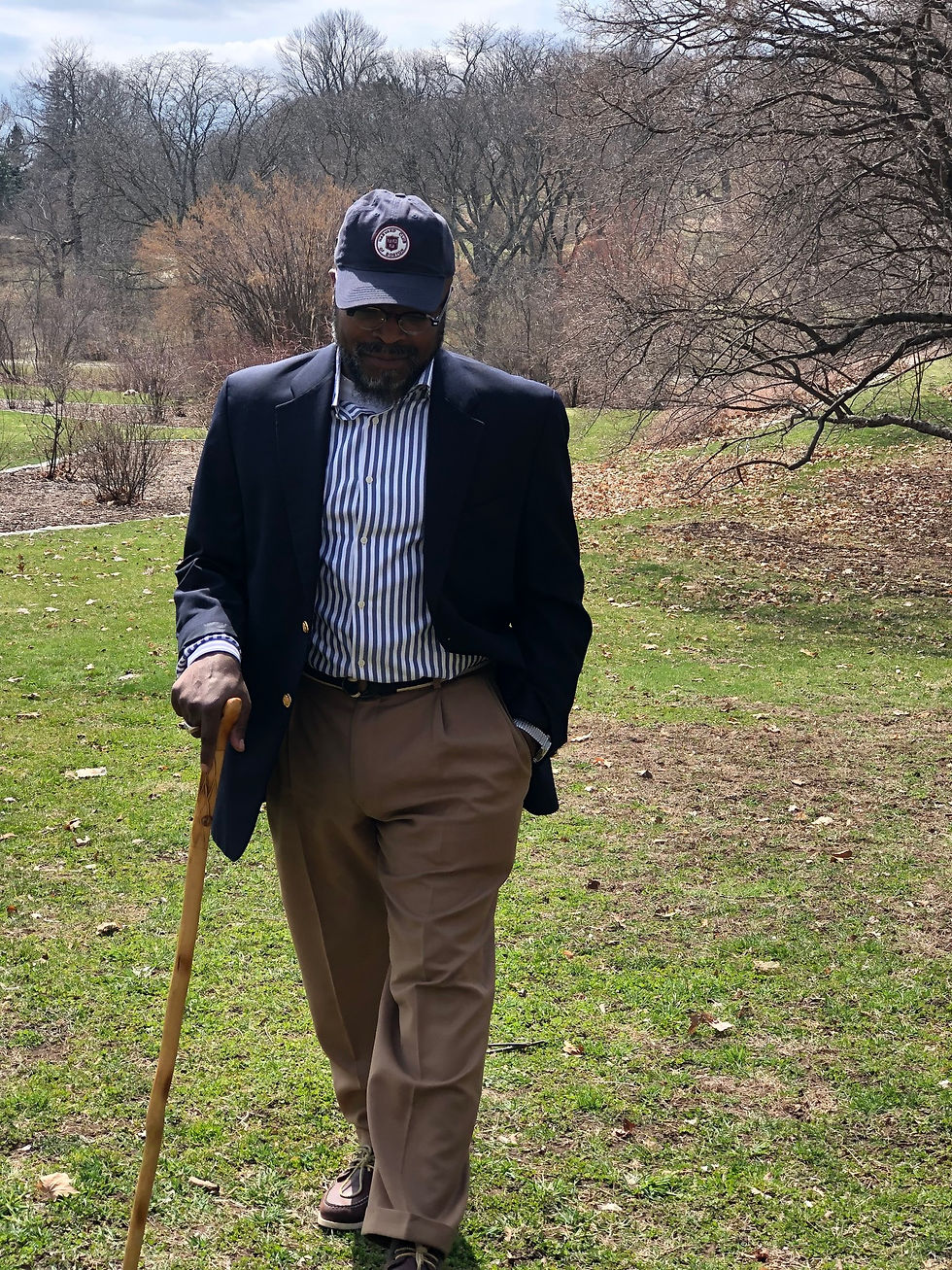The Importance of Community Health Workers in Mental Health.
- chwworkforce
- Oct 7, 2024
- 2 min read
Dr. Ali ABY Muhammed, Executive Director

Community Health Workers (CHWs) play a crucial role in addressing mental health needs, particularly within underserved and marginalized communities. They serve as vital links between healthcare providers and the communities they serve, helping to bridge gaps in mental health access, education, and support. Given their unique position, CHWs not only promote mental well-being but also contribute significantly to fostering environments of religious tolerance, which is essential for holistic community health.
CHWs often come from the very communities they serve, which allows them to build trust and rapport that may be difficult for traditional healthcare providers to establish. They are instrumental in breaking down barriers to mental health services, such as stigma, lack of awareness, and cultural misunderstandings. By providing culturally relevant education and support, CHWs empower individuals to seek help and advocate for their mental health needs.
In communities where mental health is stigmatized, CHWs can offer a compassionate and familiar face, making it easier for people to open up about their challenges. They can facilitate support groups, offer peer counseling, and guide individuals through mental health resources, all of which help to demystify mental health treatment and foster a supportive environment. Moreover, CHWs often have training in mental health first aid, which enables them to recognize early signs of mental illness and connect individuals with appropriate care before issues escalate.
An often overlooked aspect of mental health is the impact of religious and cultural acceptance on an individual’s sense of belonging and emotional stability. Religious intolerance can lead to stress, anxiety, and isolation, all of which have detrimental effects on mental health. By promoting religious tolerance, CHWs can help to create inclusive communities where individuals of all faiths feel accepted and valued.
CHWs are in a unique position to advocate for religious tolerance within their communities. Through education and awareness campaigns, they can dispel myths and misconceptions about different faiths, fostering a spirit of acceptance and understanding. They can also mediate conflicts that may arise due to religious differences, encouraging dialogue and mutual respect. In diverse communities, CHWs can highlight the importance of respecting varied beliefs as a cornerstone of communal well-being.
Religious tolerance and mental health are interconnected, as both contribute to the overall health and harmony of a community. When people feel free to express their beliefs without fear of discrimination, they are more likely to feel secure, connected, and supported. This sense of belonging is a critical component of mental well-being, as it alleviates feelings of isolation and stress. Conversely, a tolerant community is better equipped to provide empathetic and comprehensive mental health support, as it embraces diverse perspectives and recognizes the value of holistic care.
By promoting both mental health and religious tolerance, CHWs help build communities that are resilient, inclusive, and equipped to address the complex needs of their members. They remind us that mental health is not just an individual concern but a collective responsibility that requires compassion, understanding, and a commitment to celebrating diversity.
Dr. Ali ABY Muhammed, CHW Workforce Development.









Comments